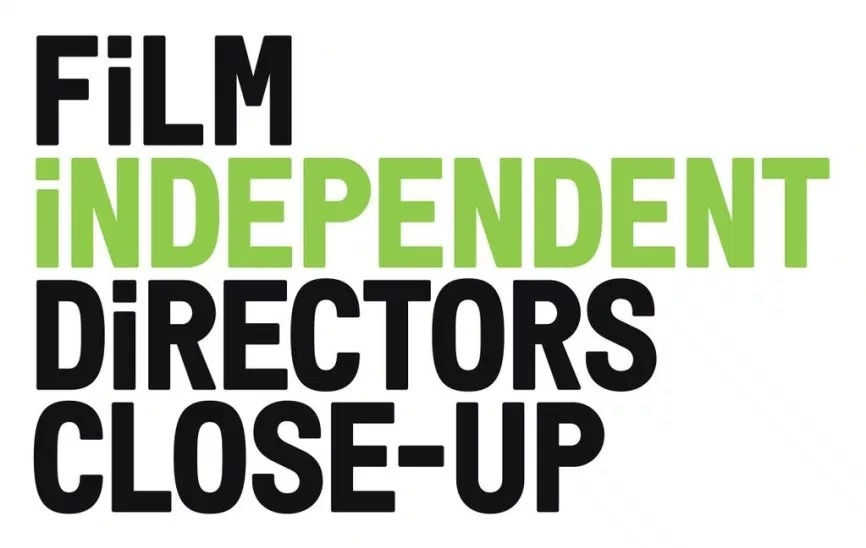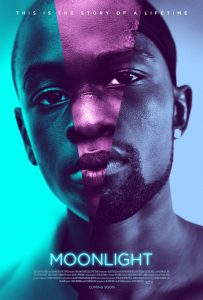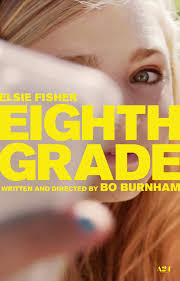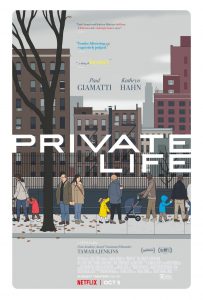Director’s Close Up: Independent Spirit: A Director’s Roundtable

At this year’s perennial favorite, 2019 Spirit Award-nominated directors discuss their craft, their journeys as artists and the ways in which they have been able to balance their artistic integrity while making movies that resonate with audiences.
Director’s Close Up Independent Spirit: A Director’s Roundtable
By Gerry O., KIDS FIRST! Film Critic, Age 16
The grand gem of Film Independent’s Annual Director’s Close Up event is “The Independent Spirit: A Director’s Roundtable.” Hosted by Film Independent President John Welsh, this year the panel featured premiere directors from the industry including Bo Burnham, Debra Granik, Barry Jenkins, Tamara Jenkins, Boots Riley and Paul Schrader. The six highlight the modern world of moviemaking and how it is transforming for the next generation of directors.

The panel began by discussing the image and color of the film. All six directors mastered color and style in their films into something unique for each of them. Paul Schrader discussed how technology has improved so much to allow for a colorful, crisp, modern look of cinema with tablets and apps allowing cinematographers more opportunities in the light set up than ever before. Barry Jenkins shared just how many options filmmakers have now with modern cameras. He discussed how in Moonlight they reprogrammed the way the cameras processed color, in order to better reflect darker skin. Debra Granik discussed how modern cameras’ ability to read green color better allowed her to capture the forest beautifully in her film, Leave No Trace. Schrader also shared a story from the making of Star War:s Episode 1, where Liam Neeson and George Lucas disagreed on how a role should be played. When Neeson refused to do what Lucas wanted, Lucas simply changed Neeson’s face in post!
Boots Riley and Paul Schrader both discussed their experiences in taking inspiration from other films, with one example of Riley using inspiration from one of Shrader’s films. This fact demonstrates an important key aspect in cinema. It is collaborative, not competitive. Filmmakers can take from each other’s ideas and build their own unique strategies.

The panel also debated heavily on the concept of rehearsals before filming. Paul Schrader was adamant about the cruciality of rehearsals stating, “It is for the director, not the actor.” Schrader discussed how it allows for the story to be rewritten, dialogue tested, interactions perfected and more. He believes that a director should not test things or figure things out on the day of shooting. Burnham disagreed. In his directorial debut, 8th Grade, he only rehearsed the daughter and father and left the rest to be done fully and openly. This strategy, coined the “Bo Burnham approach,” was supported by Barry Jenkins as well. While Jenkins did table reads that led to changes in the script, he, like Burnham, likes letting the actors explore the role in front of the camera. Tamara Jenkins had a different take on rehearsals. In her film Private Life, Tamara’s story revolves around a couple and, in order to get the actors to get along as a couple might, she simply made them do chores that a married couple would typically do, in order to get them to bond. In 8th Grade, Burnham had the challenge of portraying kids realistically and he discussed how it often isn’t the child actor’s fault for an unrealistic representation, but simply poorly written dialogue. All panelists agreed that each actor has requirements and strategies unique to themselves.

One of the most interesting parts of this panel was when each member delved into the philosophical side of their films and filmmaking as a whole. Barry Jenkins described how literature and film differ. Literature forces the brain to imagine all the senses, while film only connects to the visual and auditory. So, when trying to make powerful emotional scenes, Jenkins had to carefully structure the elements of his scenes to evoke emotions. Burnham discussed the connection we have to the Internet and how it is developing as years go by. He shared how he wished to capture our relationship we share with the Internet behemoth in his film, 8th Grade, as Bo felt that no film had truly captured the Internet and how we interact with it. One of the most powerful things he discussed was the times we use the Internet in the late evening before going to sleep. We always have a choice. We can close our eyelids, or we can open up our phone to the totality of human knowledge. “It is infinity or oblivion,” he explained. Panels like these show just how filmmaking has changed and adapted to new technology and artistic styles. Film, like all other arts, goes through a constant transformation and these six panelists are only one of the thousands of filmmakers all around the world finding new and innovative ways to express themselves and tell stories. Paul Schrader said it best, “a script is not literature – it is an oral tradition.”

